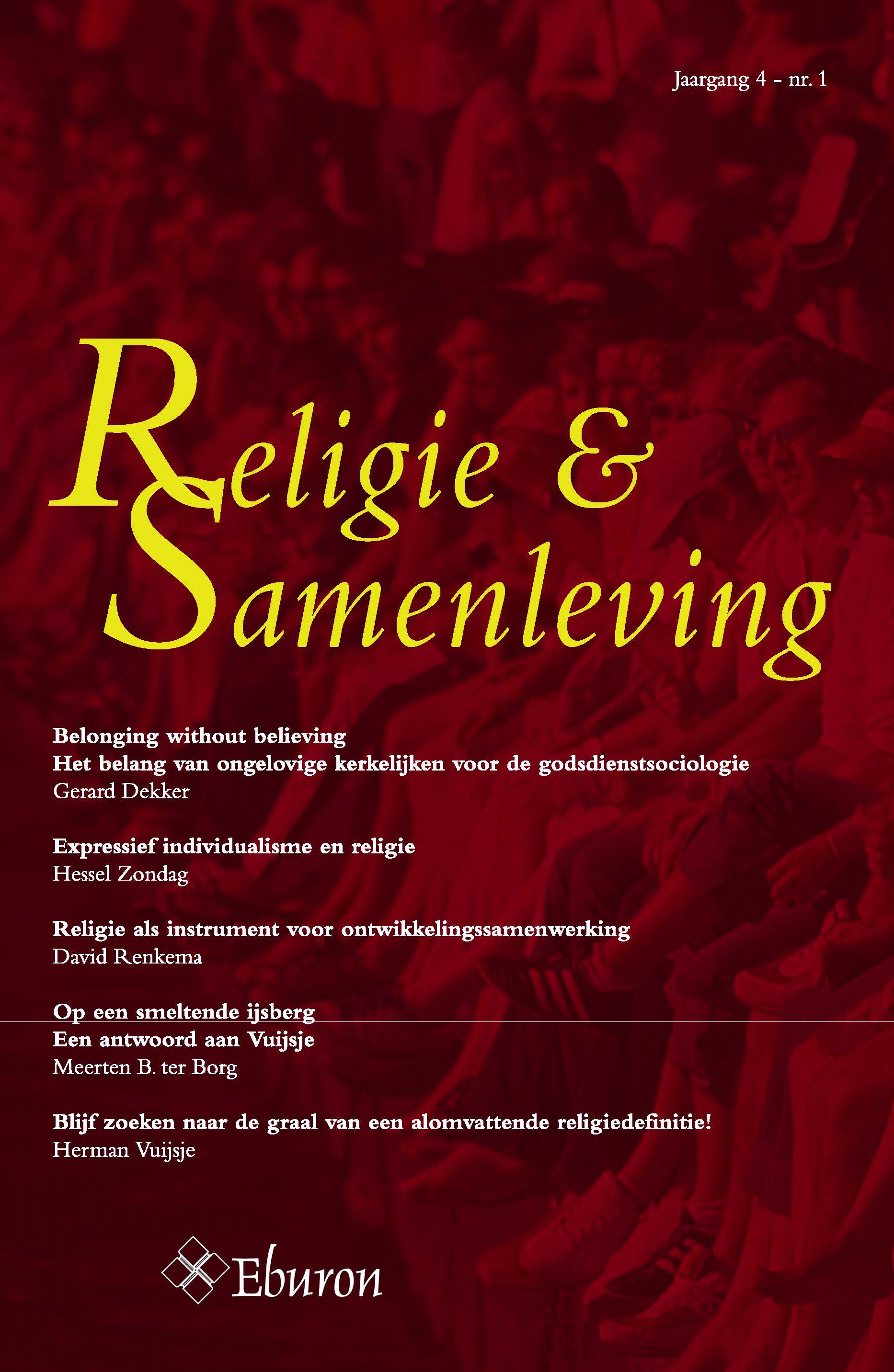Religie als instrument voor ontwikkelingssamenwerking
DOI:
https://doi.org/10.54195/RS.13134Samenvatting
Development cooperation engages with people for whom religious identity is very significant. However, it is not the remit of development policy to be immediately concerned with the truth content of theological concepts such as an afterlife, God, paradise or spirits. What matters is that most people in developing countries have strong religious convictions, and that development cooperation takes appropriate account of them. In this context religious resources (spiritual experiences, religious ideas, religious movements and religious practices) can be a useful instrument in strifing for sustainable development. In order to tap religious resources, development organisations need some skills, such as:
• Religious empathy
• Contextal knowledge of the religious map and the religious resources
• Awareness of one’s own ideological and religious identity.
Besides this functional rationality, there is such a thing as substantial rationality. In debates where religious leaders engage in criticism of the development model, they tend to express a range of different visions for the ideal society, for the relationship between humans and the natural world, and on ultimate questions about good and evil. Development cooperation has to deal with differences.




